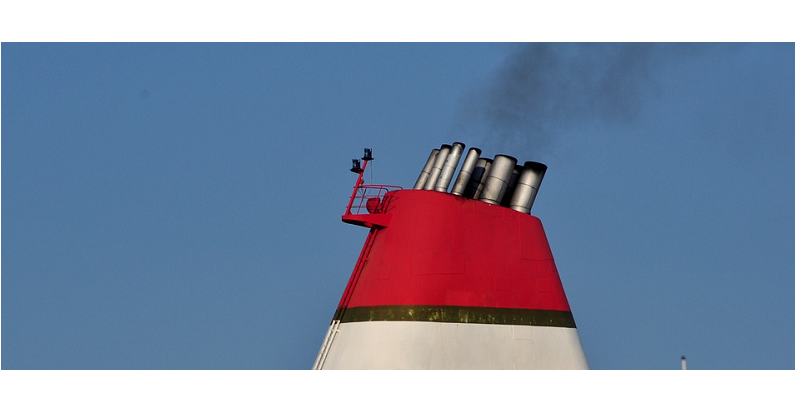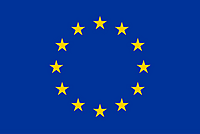Working with partners from industry and research, the German Aerospace Center (Deutsches Zentrum für Luft- und Raumfahrt; DLR) is developing a climate-friendly energy supply system for ships. It is based on a highly efficient fuel cell system designed to generate heat and power on board. A notable benefit of the cells is that they work with many different fuels. To test the technology, the EU's NAUTILUS (Nautical Integrated Hybrid Energy System for Long-haul Cruise Ships) research project, led by the DLR Institute of Engineering Thermodynamics, is producing a demonstrator suitable for ships.
![]()
This project has received funding from the European Union’s Horizon 2020 research and innovation program under grant agreement No 861647.
This website reflects only the author’s view and the European Climate, Infrastructure and Environment Executive Agency (CINEA) and the European Commission are not responsible for any use that may be made of the information it contains.


